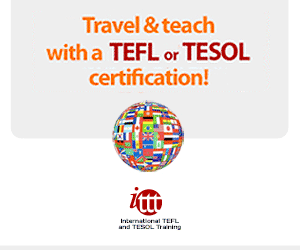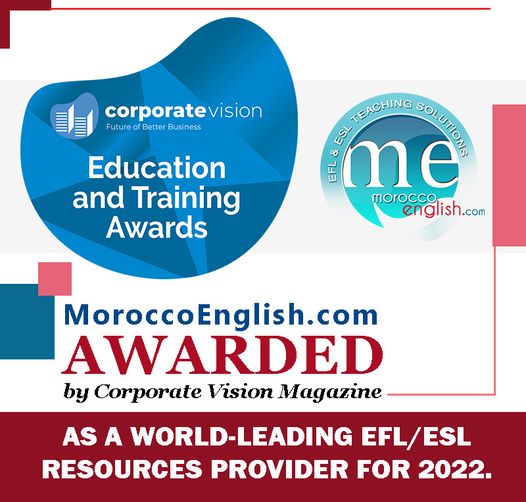
The Master Programme in Communication, Culture, and Translation
Organizes a Mini-Conference on:
Communicative Intercultural Education In The Digital Age
Date: April 13th, 2019
Place: Nidae Essalam Auditorium, Faculty of Letters and Human Sciences, Oujda.
Call for Abstracts and Participation
Most of the approaches that shaped the conception and practice of ELT in the second half of the twentieth century viewed language as an outcome of a complicated process of biological development. The Structuralist approach, for instance, understood language as a fixed system of interrelated items that get their meaning through the principle of difference. Behaviourism, on the other hand, considers all learning to be the establishment of habits as a result of reinforcement and reward. As a reaction to this theory, Cognitivism advocated by Noam Chomsky, argues that human beings are born with an innate faculty to acquire language. That is to say, linguistic competence helps learners to construct and build grammatical items. In opposition to this view which disregards the significance of social factors, Dell Hymes (1972) came up with the theory of communicative competence, which sees social contexts as the principal contributory element to the realization of communication acts and hence more accountable for language acquisition. In response to this view which confines learners within the scope of the target culture while undermining the local culture, intercultural approach has born to address the importance of cultivating learners’ interculturality and constructing their social identity. That is, it aims to establish a network where learners get acquainted with the culture of the target language and appreciate their local culture. Hence, the main aim is to develop an intercultural competence that enables learners to interact effectively and appropriately in an intercultural setting.
With the advent of new technologies, pedagogists and theorists have been in dire need for refining and rethinking the approaches and practices of ELT, taking into account the fact that ICTs have affected the methods of teaching and learning English. As such, ICTs have been incumbent in nurturing learners’ interculturality as they are incessantly exposed to a host of cultural values and practices English culture through other media platforms.
With all this in mind, this mini-conference seeks to discuss such topics pertaining to issues of trends in language teaching and learning. It invites presenters to contribute relevant critical insights on such thematic areas as:
- Tasks and activities in the communicative language pedagogy;
- Implementing Translation in the Intercultural Communicative Approach;
- The adoption of ICTs in foreign language teaching;
- Developing an intercultural communicative competence among learners;
- Different Learning styles and strategies;
- Approaches to syllabus design;
- Current trends in English language teaching and learning in the 21st century.
Submission guidelines:
Important Dates:
- Paper abstract submission deadline: January 30th, 2019;
- Notification of acceptance: February 15th, 2019;
- Paper submission: March 15th, 2019;
- Conference: April 13th, 2019;
Abstract should be addressed to:
aelboubekri2@gmail.com or annleake@sbcglobal.net



































